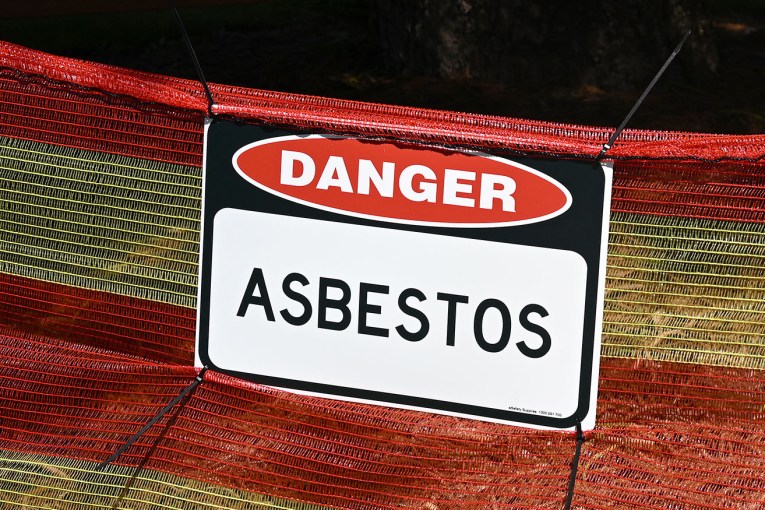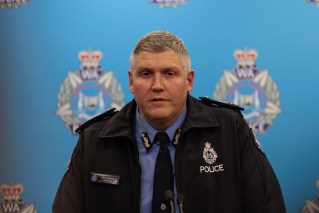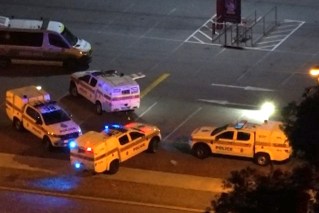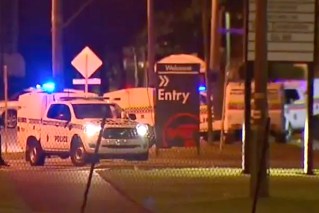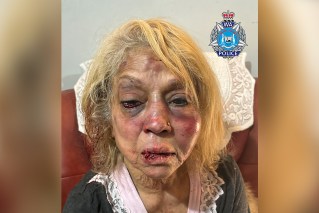Should we celebrate Australia Day? Debate over backlash builds
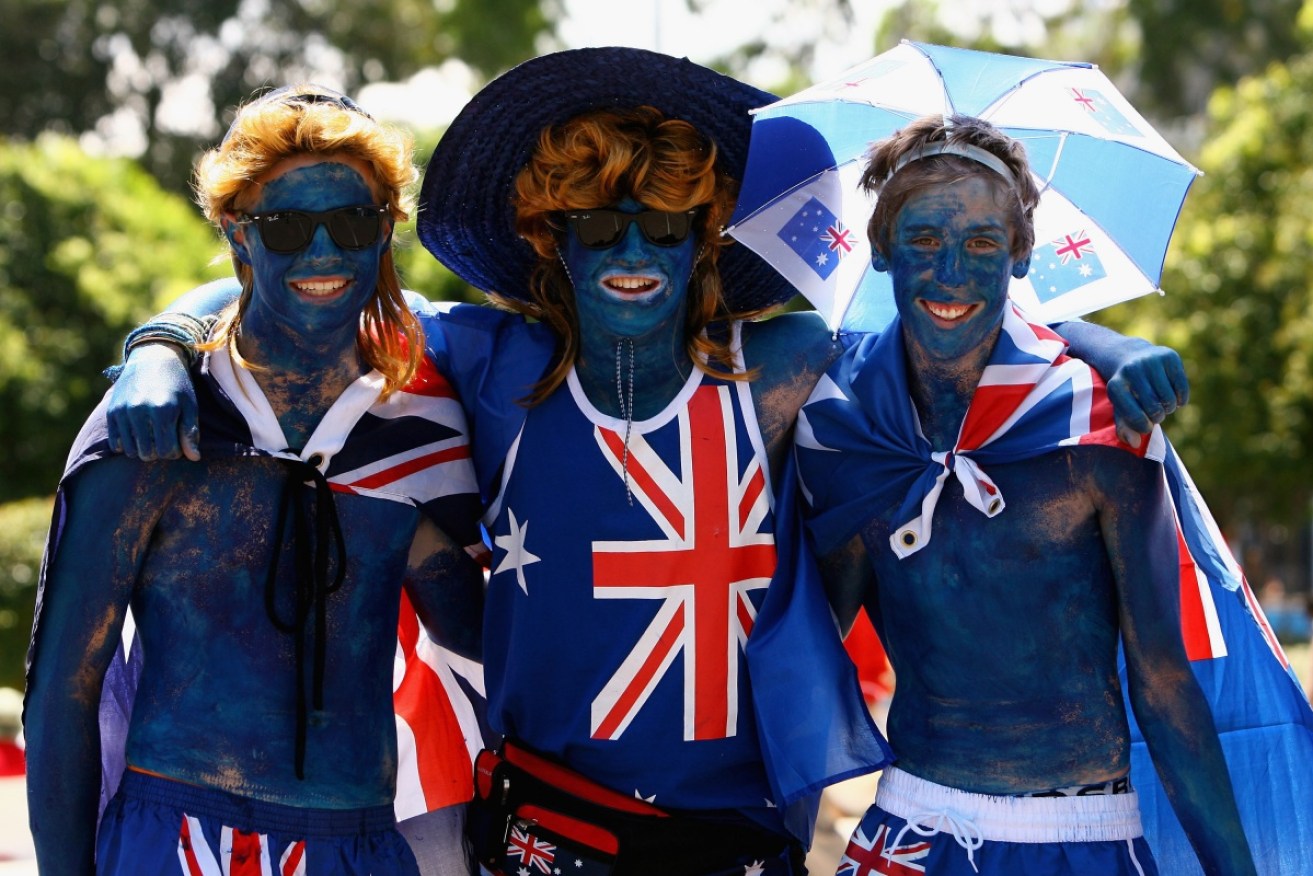
True blue: the latest census opens a statistical window on a complex and multi-faceted nation. Photo: Getty
The federal government has put pressure on the City of Fremantle to rethink its decision to move Australia Day celebrations in a bid to create a more “culturally inclusive” celebration.
A national controversy was sparked when the port town announced it would hold a “culturally-inclusive alternative event” on January 28 to replace its traditional celebrations on Australia Day.
The government threatened to revoke the council’s power to hold citizenship ceremonies if it holds them on its alternative Australia Day.
“This politically correct, backward looking approach from the council actually divides Australians and takes us further away from reconciliation,” West Australian Liberal MP Ben Morton said.
“Having your citizenship conferred to you on Australia Day is very special. The actions of Freo Council will deny that very special occasion to our new citizens, it’s a disgrace.”
He flagged his concerns about the council’s actions in a letter to the Assistant Minister for Immigration and Border Protection, Alex Hawke.
“I want to make the government’s position quite clear; if you use a citizenship ceremony, or your ability to preside over one, as a promotional tool for an antinational day event, I will consider this a serious breach of the Australian Citizenship Ceremonies Code.”
‘Celebrating the day is horrific for Aboriginal people’
Earlier this week, Aboriginal elders responded forcefully to accusations the controversy has been driven by political correctness.
According to WA Today, Fremantle mayor Brad Pettitt continually stated the decision was made after Aboriginal elders in the area made it “loud and clear” the day was not one of celebration.
Dr Pettitt was heavily criticised for being politically correct and accused of not consulting Aboriginal elders.
Respected elder Robert Eggington took to Facebook to silence the critics by posting a picture of elders meeting with Fremantle Council in September.
“I think it was the right time to post the photo,” he said.
“I just wanted to prove that ‘yes there was a meeting’ and there were senior elders and Nyoongah people there and that is where we decided to ban the fireworks display.
“It’s a clarification of history, because celebrating the day the first gunshots ploughed our blood into the earth is horrific for Aboriginal people.”
The Fremantle controversy has reignited debate on the appropriateness of Australia Day celebrations, a subject that attracted international headlines back in 1988.
On that occasion, Australian Bicentenary Day, revered Indigenous figure Burnum Burnum planted the Aboriginal flag on the white cliffs of Dover.
It was a symbolic act of claiming England, as Arthur Phillip had done to Burnum Burnum’s homeland in 1788 when arriving with the First Fleet.
Earlier this year, rap duo A.B. Original teamed up with ARIA winner Dan Sultan to release their track ‘January 26’, described as “the first ever rap track that disses a public holiday”.
Warning: Video contains crude language
In the song, Indigenous rappers Briggs and Trials address the darker side of the holiday with some confronting lyrics like: “F*** celebrating days made of misery, white Aus still got the black history.”
The track has amassed hundreds of thousands of listens on streaming service Spotify.
– with ABC
